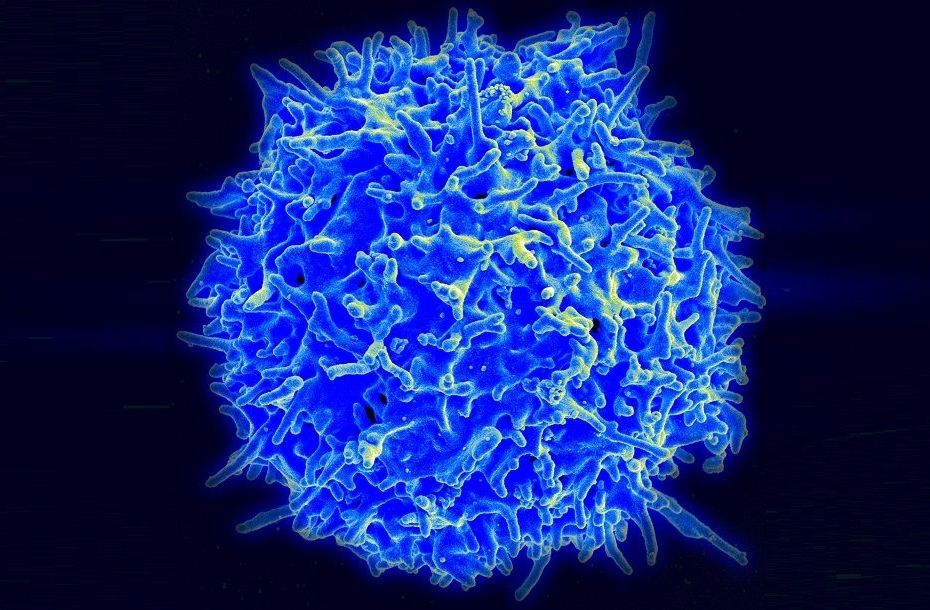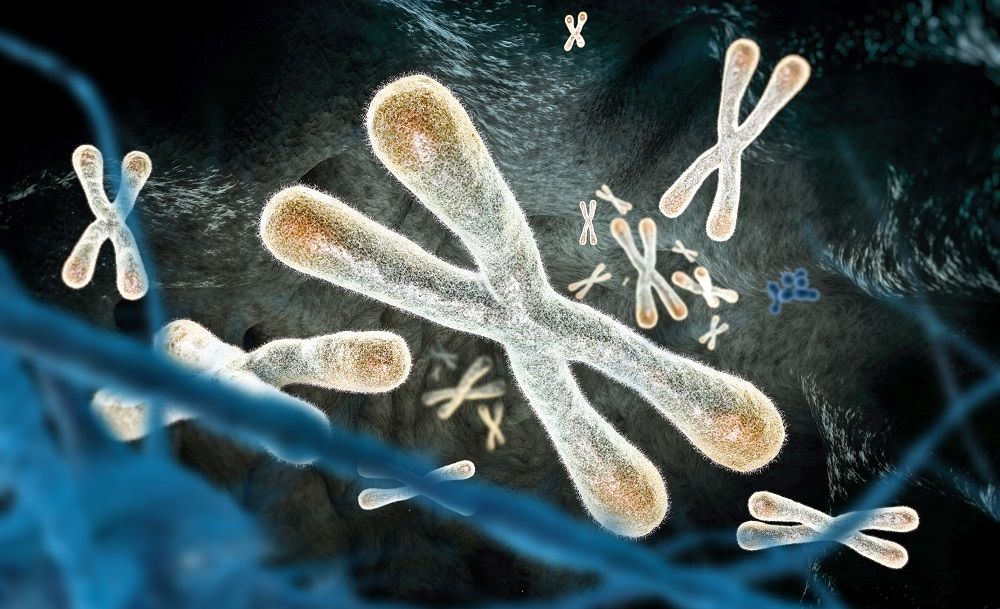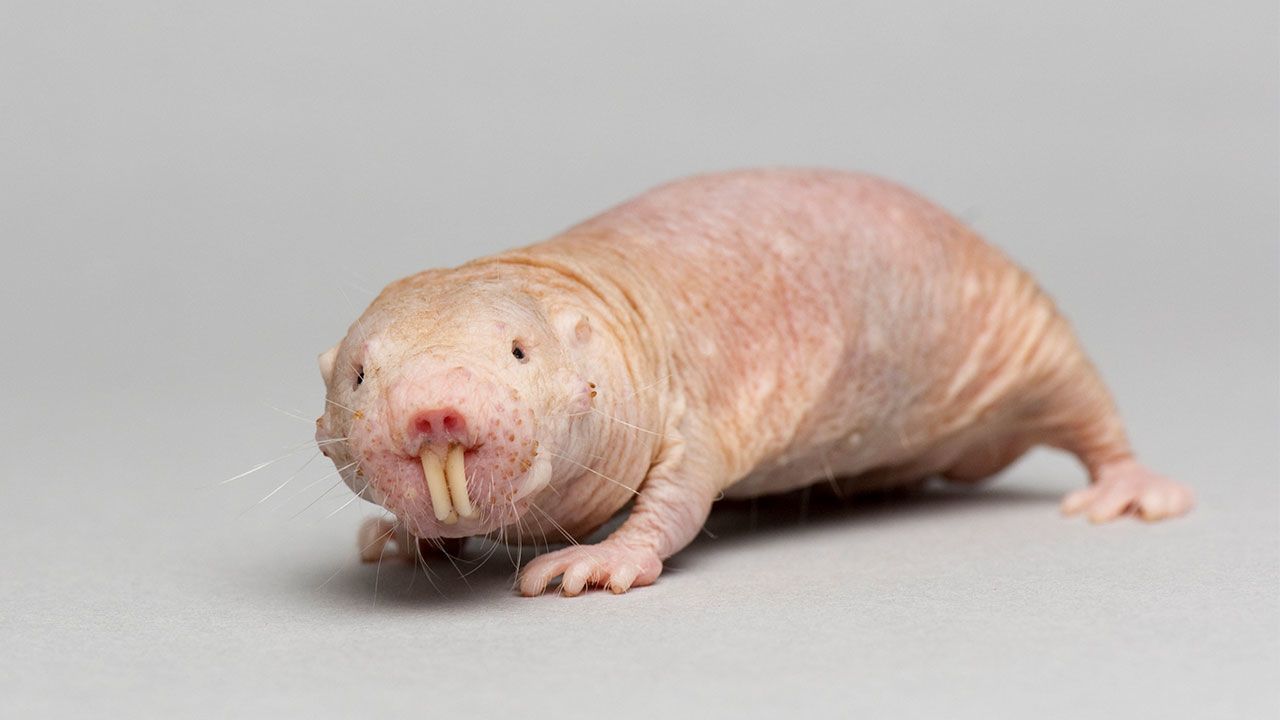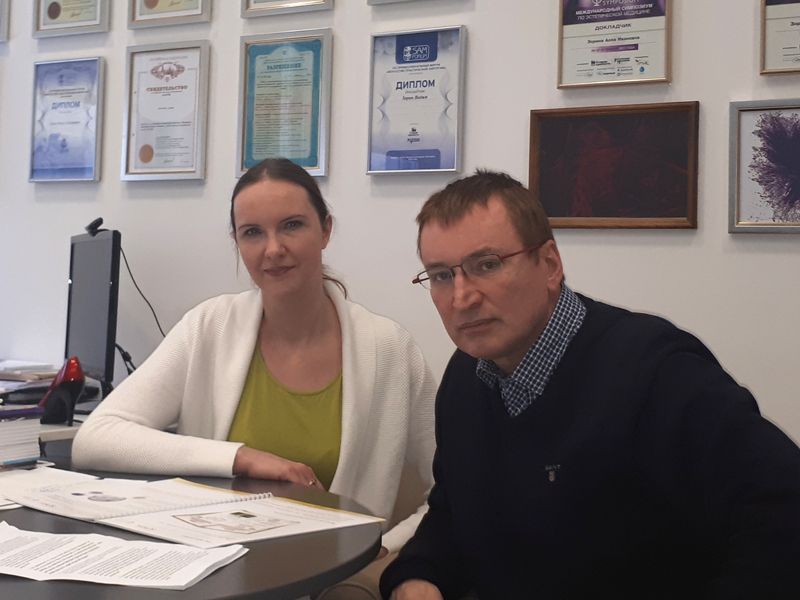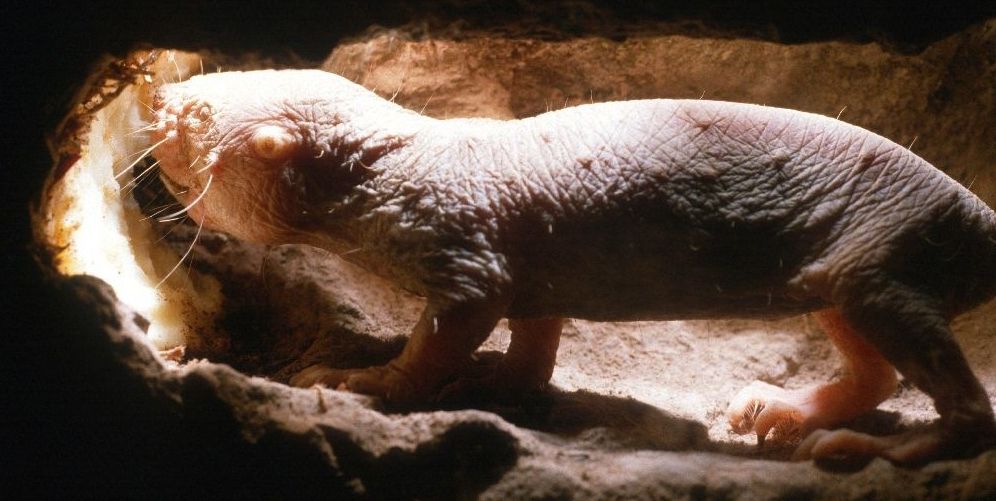This revolutionary gene modified T cell therapy is bearing fruit in treating a type of lymphoma, a resistant form of cancer.
Summary: After years of effort, this revolutionary gene-modified T cell therapy is bearing fruit in treating a type of lymphoma, a resistant form of cancer. [This article first appeared on the website LongevityFacts.com. Author: Brady Hartman. ]
Thirty-seven-year-old Nick Asoian of Denver unsuccessfully fought Hodgkin’s Lymphoma using conventional cancer treatments for two years. In 2008, while in New Zealand for a ski race, Nick was diagnosed with Hodgkin’s Lymphoma. Two bone marrow transplants and two years of chemotherapy combined with radiation therapy didn’t bring his cancer to heel.
Then, a few years ago the avid skier got wind of clinical trial using T cell therapy at the Center for Cell and Gene Therapy at the Baylor College of Medicine in Texas. After speaking with Dr. Bollard and Vicky Torrano, the physicians conducting the trial, Asoian decided to give it a shot.
